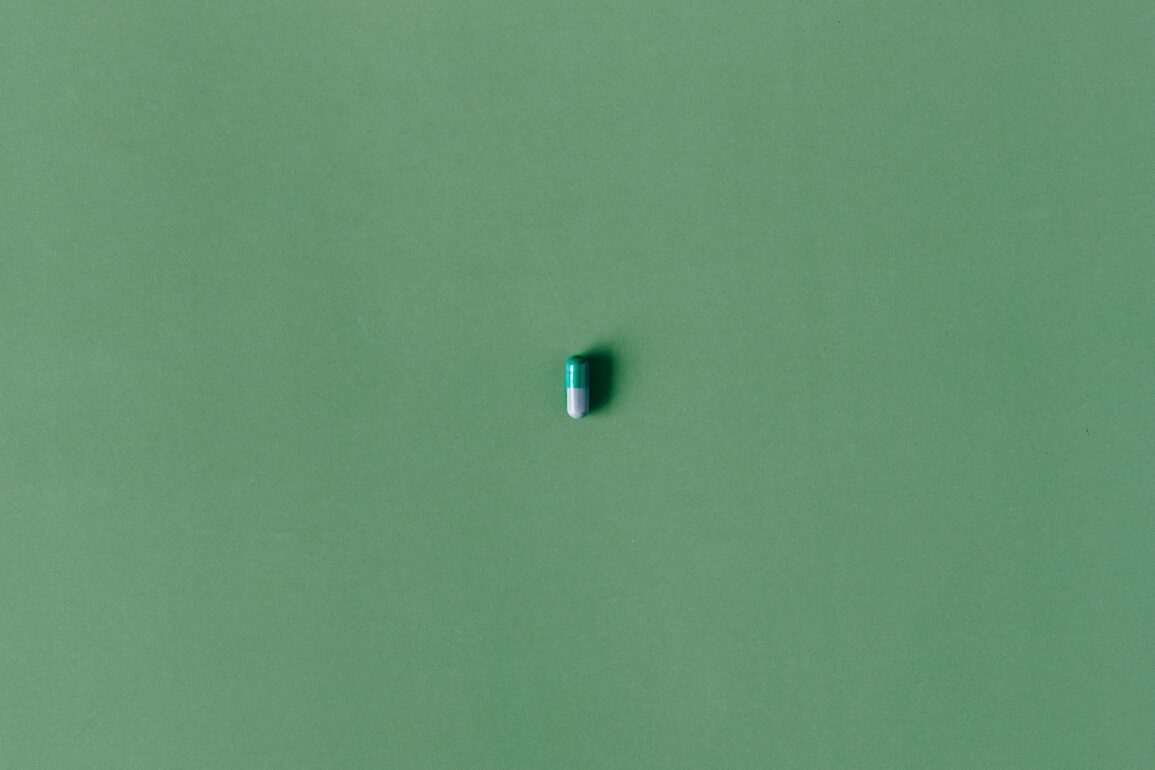A group of doctors, with other people and organizations, have filed a lawsuit in the United States Supreme Court requesting the restriction of the use of the abortion drug mifepristone, against the decision made by the FDA (U.S. Food and Drug Administration USA) that aims to increase the period of access to this abortive drug. In fact, for the past 8 years, the FDA has allowed the use of mifepristone up to 10 weeks of pregnancy, exceeding the previously imposed 7-week limit. The requirement that the sale had to be personal was also waived, and it was allowed to be sent by mail.
The highest court will review whether the plaintiffs are legitimately qualified to bring the lawsuit and, then, whether what the FDA did is valid. The decision must be made next June.
Although some researchers say that this case is not in line with science, because they maintain that mifepristone is safe and effective, some studies affirm the opposite. Specifically, those published by the Charlotte Lozier Institute, echoed by Bioethics observatories, in which the side effects of the use of the chemical abortifacient mifepristone were reviewed. Many women who have taken this drug have had complications after having an abortion. Furthermore, since they do not inform the doctor of having consumed this abortion pill, the risks to their life increase. One of the studies conducts a longitudinal analysis over a period of 17 years, examining 423,000 cases of induced abortions and 121,283 visits to emergency services in the 30 days after the abortions, covering the period between 1999 and 2015.
Unfortunately, one of the journals in which these studies have been published has decided to retract the articles, with unconvincing reasons. Among the reasons they argue is that the authors collaborate with pro-life groups and that this possible conflict of interest was not declared. However, this is not true because the collaboration with the Charlotte Lozier Institute had been clearly stated. Additionally, the reviewers claimed to have identified fundamental problems with the study design and methodology, unjustified or incorrect factual assumptions, material errors in data analysis, and misleading presentations, which would demonstrate a lack of scientific rigor. These observations were fully responded to and, as stated by the authors’ representative, they make the following clear: 1) No specific finding in any of the three articles has been explicitly questioned, much less invalidated. 2) There is no evidence of a material error, miscalculation, manufacturing or forgery. 3) There is no breach of any of the COPE guidelines that would allow Sage to retract any of our published articles. 4) The retraction of any of these articles, much less all three, is manifestly unjustified. Sage’s proposed retractions violate COPE guidelines.
It is worth highlighting that the animosity of certain editorials towards articles favorable to human life and critical of contraception and abortion is evident. To this day, WHO and some scientific organizations are inclined to promote these anti-life practices.
However, there is no lack of objectivity in stating that the so-called RU 486 (Mifeprex or mifepristone) carries risks. There are studies that report serious adverse events such as bleeding, infection, septic shock, severe malformations and point out the FDA’s deficiencies in monitoring the post-marketing safety of mifepristone.
From Bioethics and Embryology, respect for the living human being from its conception, which occurs with the fertilization of the ovum (oocyte) by the sperm, is something evident. Although the ease of eliminating human lives through chemical agents or surgical procedures is widespread, it is still condemnable. The first human right is the right to life, without which no other right exists. Further increasing the use of chemicals whose effect is the death of the conceived, and not yet born, before or after 8 weeks, is an attack against the most vulnerable and weak. Let us trust that the Supreme Court will take another step in favor of human life, continuing the trajectory begun in 2022 with the important and momentous decision on abortion by reversing the 1973 ruling (Roe v. Wade), which allowed this infamous practice.










